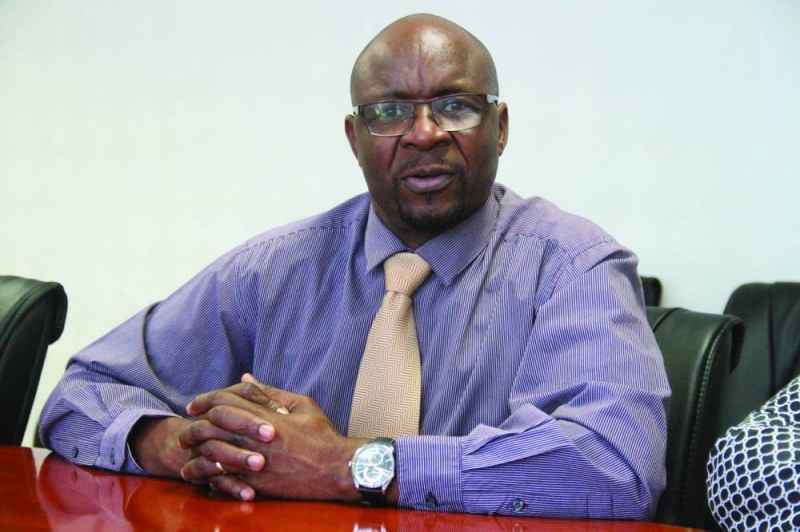IEC plans to adopt ZEC online accreditation system
Tsaone Basimanebotlhe | Tuesday February 20, 2024 06:00


Despite the controversy surrounding a benchmarking trip to Harare, the IEC is convinced that ZEC's online system is the most suitable option for the country's general elections scheduled for October 2024.
In a recent interview, IEC chief spokesperson Osupile Maroba defended the benchmarking in Zimbabwe after coming out of its disputed elections last August. “ZEC’s online accreditation system is more effective than ours, which is manual. For example, the system makes 50 accreditation cards within a minute and our system makes one accreditation card within 10 minutes.
“We have gone to Zimbabwe to benchmark on that.
This would be more helpful than a manual one,” he said. Maroba emphasised that during elections, accreditation is not only given to the media but also to observers from both inside and outside the country. He highlighted that the online system is more efficient, accurate, and less prone to human error. Moreover, the online system is considered more secure, utilising encryption to protect data. In contrast to Botswana, where accreditation letters are provided, Maroba noted that ZEC issues accreditation cards to observers and the media.
He further revealed that Botswana needs the software and machines used by ZEC for its 2024 General Election. The decision to benchmark at ZEC was influenced by insights gained through the Electoral Commissions Forum of SADC Countries (ECF-SADC), of which Botswana is a member. Maroba added that their chairperson had the opportunity to observe ZEC's accreditation process during their participation as observers in Zimbabwe's election.
For example, he explained, ECF-SADC rules and regulations compel them to accredit observers to validate how the country's election is conducted. While acknowledging that ZEC has its challenges, he said there are valuable lessons that other countries can learn from the Zimbabwean electoral body.
Regarding other matters, Maroba confirmed that the Commission convened on February 13 to decide on whether to have a supplementary registration, adding 'the media and public will be notified once a final decision has been made'.
